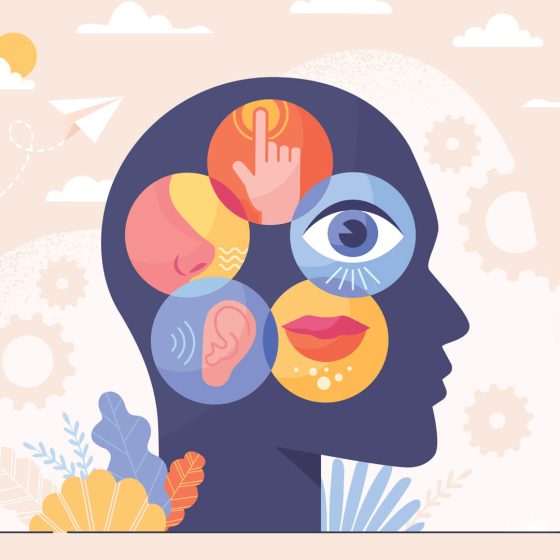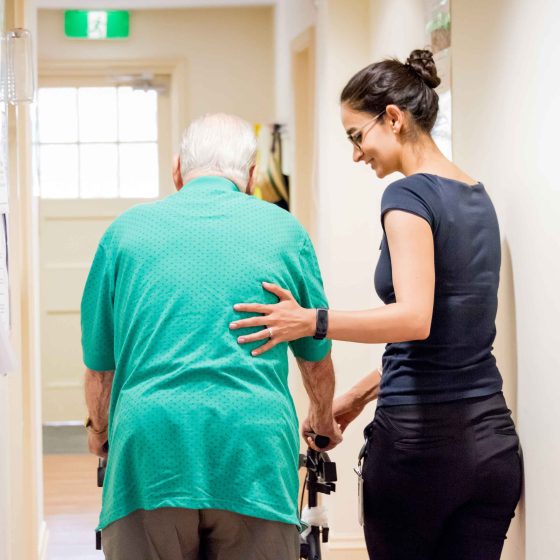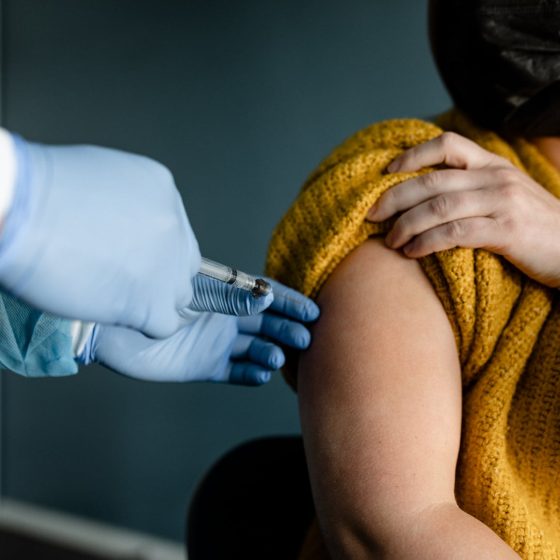Managing your alcohol intake
How much am I really drinking? It can be hard to keep track of how much alcohol you’re putting away. Alcoholic drinks come in different strengths and serving sizes. Your age, weight, sex and even how you’re feeling at the time can also influence how alcohol affects you. By limiting your drinks you reduce the lifetime risk of harm from alcohol-related injury or disease. The Australian Guidelines recommend healthy adults should drink: a maximum of 10 standard drinks a week to cut the lifetime risk of harm from alcohol-related disease or injury a maximum of 4 standard drinks on any one day





